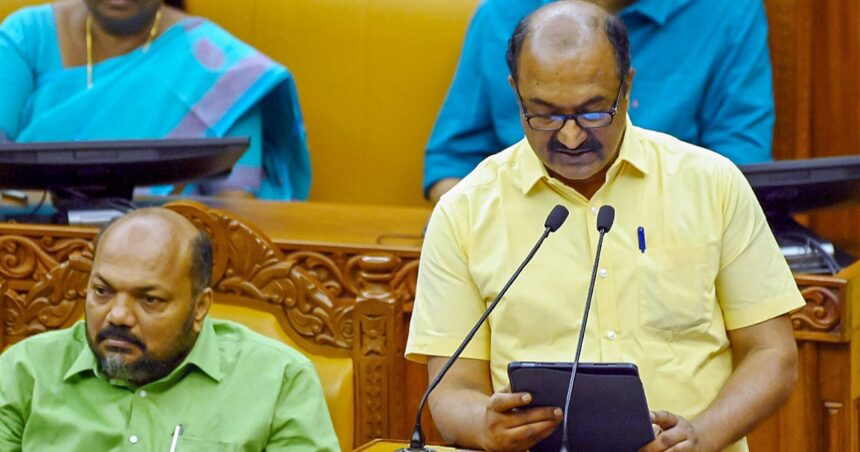In a significant move to streamline the Goods and Services Tax (GST) structure, the GST Council has decided on rationalising tax slabs. However, this decision has raised concerns among opposition-ruled states, particularly Kerala, about potential revenue loss. In an exclusive interview with Deccan Herald’s Shemin Joy, Kerala Finance Minister KN Balagopal discussed the deliberations and concerns surrounding these reforms.
Minister Balagopal highlighted the financial implications for states like Kerala, stating that the proposed GST changes could lead to a significant reduction in revenue. He emphasized the need for safeguards to protect the fiscal interests of such states, particularly those governed by opposition parties.
The GST Council’s decision comes amidst ongoing discussions about the effectiveness and fairness of the current tax structure. Critics argue that the existing tax slabs have led to complexities in implementation and have not achieved the intended goal of a simplified, seamless tax system.
The council’s rationalization move aims to address these issues by consolidating multiple tax rates into fewer slabs. However, opposition-ruled states fear that this could lead to increased prices for consumers and reduced revenues for their respective governments.
Minister Balagopal called for a balanced approach that considers the unique financial circumstances of each state. He stressed the importance of ensuring that no state bears an undue burden as a result of these reforms.
The GST Council is expected to further discuss and finalize the details of the proposed changes in its upcoming meetings. The council, comprised of representatives from both the central government and various states, has the power to amend the GST structure.
This development underscores the ongoing debate about fiscal federalism in India, as states continue to push for a greater share in revenue collection and decision-making powers. The outcome of these discussions could have far-reaching implications for the Indian economy and the balance of power between the center and the states.











